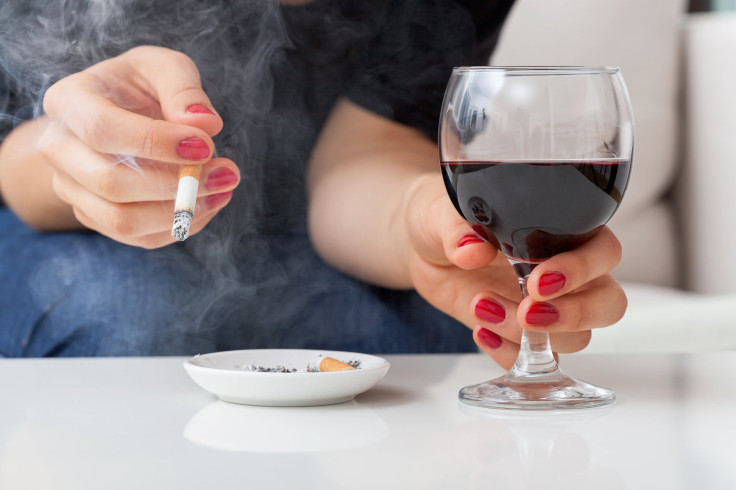Men Who Smoke And Women May Increase Cancer Risk With Only Light To Moderate Drinking

A new study published in The BMJ adds more kindling to the idea that even light to moderate drinking can increase your risk of developing cancer.
The rather large caveat is that it’s a rather small increase. But it’s still one that should inform our drinking habits, especially for those with a family history of cancer, according to the authors.
Pooling together more than twenty years worth of data from two large cohort studies that in total studied over 80,000 women and 40,000 men, the authors were able to determine any possible correlations between light to moderate drinking — defined as one standard alcoholic drink a day for women and two for men — and total cancer risk, as well as to a risk of developing cancers already known to be associated with heavy alcohol.
"Light to moderate drinking is associated with minimally increased risk of overall cancer," the authors concluded. "For men who have never smoked, risk of alcohol related cancers is not appreciably increased for light and moderate drinking. However, for women who have never smoked, risk of alcohol related cancers (mainly breast cancer) increases even within the range of up to one alcoholic drink a day."
How minimal? Well the relative total cancer risk for light to moderate female drinkers, as compared to teetotalers, was only two to four percent more higher; and between 3 to 6 percent higher among men. In total, there was over 26,000 cases of cancer, excluding non-advanced pancreatic cancer, observed between the two large studies.
This risk was higher when it came to alcohol related cancers, with a 13 percent increase in relative risk among women. For men, an increased risk was only seen in those who had ever smoked.
If nothing else, the study provides a clearer look into the relationship between alcohol and cancer, with previous research having mostly studied the association between heavy alcohol use and cancer risk. Aside from our smoking habits, which largely explains that connection (those who drink often smoke and vice-versa), there might be other factors that come into play.
"Genetic predisposition should also be taken into account when discussed individually on the most appropriate levels of drinking," the authors wrote. "Although we have limited information on family history of these cancers, we observed stronger association of alcohol intake and overall cancer among people who had a family history of colorectal cancer but minimal differences among people with versus without family history of breast cancer."
This isn’t the first study to find a real if slight link between even light drinking and cancer either. "Alcohol remains a major contributor to cancer mortality and years of potential life lost," an April 2013 study in the American Journal of Public Health concluded. "Higher consumption increases risk but there is no safe threshold for alcohol and cancer risk."
And while cancer is a plenty important disease to be worried about, there are other things that should loom on the mind for prospective drinkers.
According to Dr. Jürgen Rehm, who wrote an accompanying editorial in The BMJ, “drinking more than 10 g of pure alcohol per day for women or 20 g for men over a lifetime can lead to a magnitude of risk not considered acceptable for voluntary behaviour in modern societies." Rahm , the Director of Social and Epidemiological Research at the Center for Addiction and Mental Health in Toronto, Ontario, went on to recommend that women and men should try to stick to those upper limits to keep themselves as healthy as possible.
While that might not be enough to dissuade someone from their two wine a day habit, it should at least give them food for thought.
Source: Cao Y, Willett W, Rimm E, et al. Light to moderate intake of alcohol, drinking patterns, and risk of cancer: results from two prospective US cohort studies. The BMJ. 2015



























